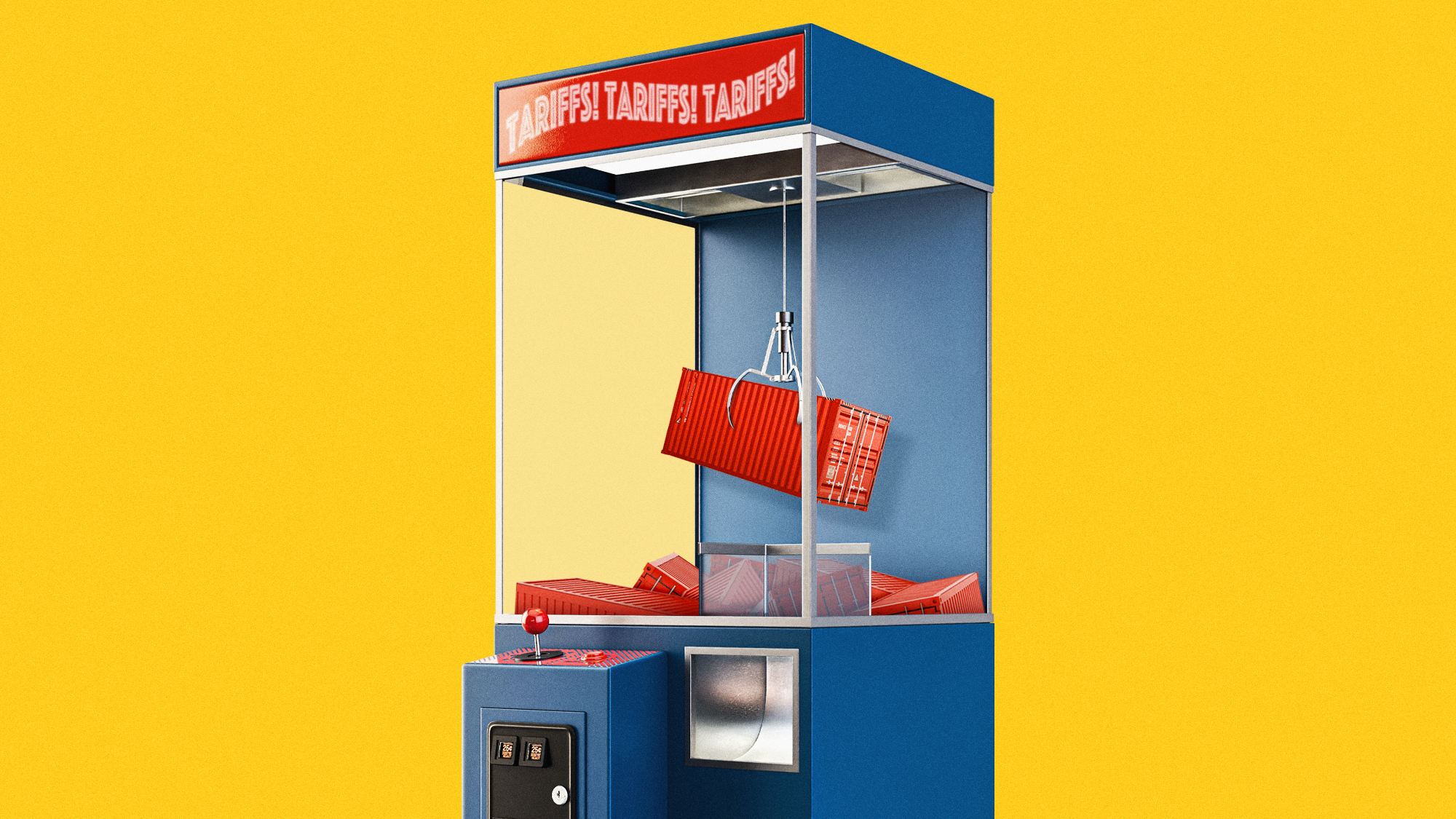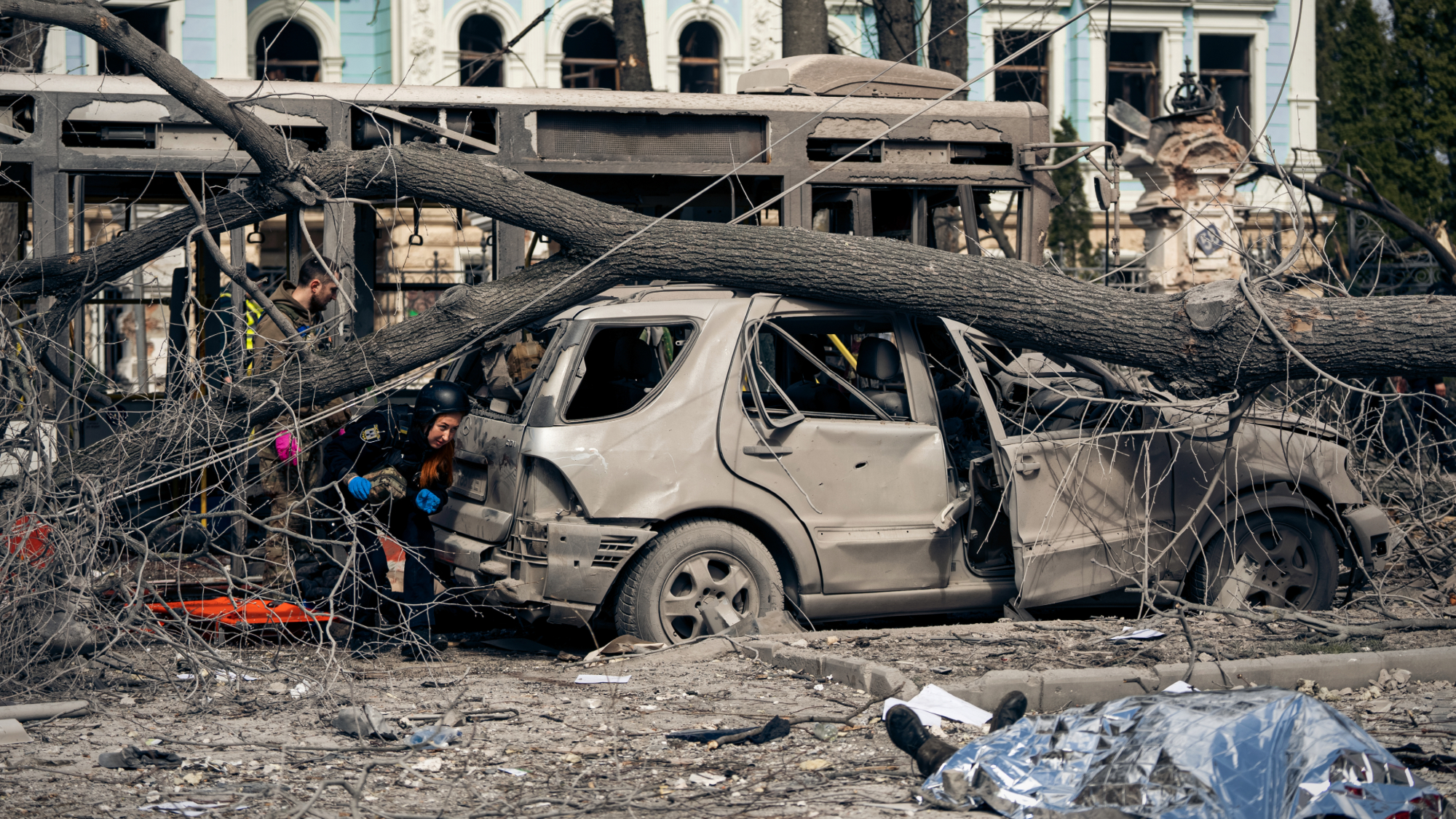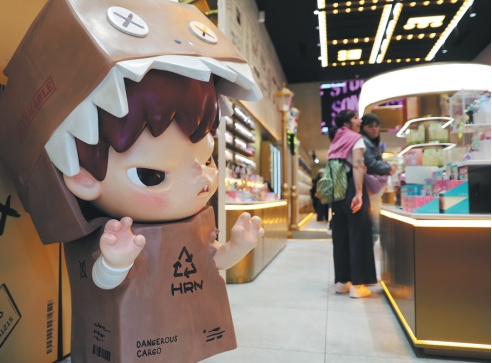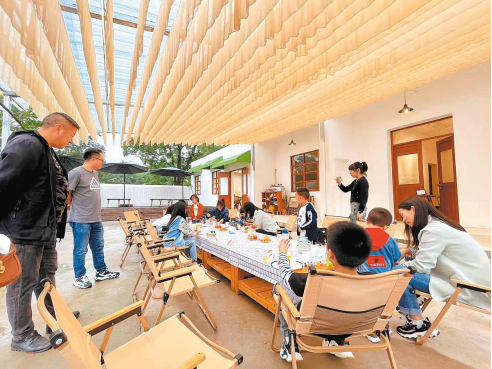One of my middle school students was recently sent to me after displaying erratic behavior in class. His teachers had tried to console him and figure out the cause of his outburst. After speaking with his mom, I discovered that the family had recently lost housing and was unable to secure a bed in a shelter the night before. She told me that she had made up a reason to be sick, so that she and her son could spend the night in a local hospital.
Finding a place to sleep is an everyday battle for this mother, and yet what amazed me the most is that despite the turmoil they endured the night before, she made sure that her son got to school on time the next day. In fact, he never misses a day of school.
For this mother and her child, school means something more than just getting an education. School is a place to have food and shelter from the cold. School is a place of support.
The holiday season is a time of joy and cheer for most of us. It’s a time to relax and eat; a time to catch up with family and friends; a time to exchange gifts and share stories of what we did over winter break.
But for many students and their families, the holidays can also be a time of high anxiety and stress. As a school counselor in a predominantly low-income community, I have to consider that many of my students may go without the support and stability that school has come to mean. There are other stressors to consider as well.
The holidays can be a time of grief and sadness — a time when memories of our loved ones who have died come flooding back and our losses become magnified. During these milestones in the grief process, young people who have recently lost a loved one need particular support.
It is important to consider that loss can take many forms for students: divorce, separation, incarceration, military deployment, deportation, moving and much more. Though different than a family member’s death, the process of grief is very similar for these other events. Students may struggle to celebrate when their lives have significantly changed, even if it is temporary.
The winter break can also be a time of financial stress for some families who worry about paying the bills and having enough money to buy gifts. For working families, it can be difficult to find childcare and children may end up spending time outside of their homes. It can be a time of family disputes and substance abuse. It can be a time of community violence and theft.
The reality is that some students may not have the warm, inviting experience that so many of us look forward to each year. In fact, many students might return to school after the break having experienced traumas and might struggle to share their stories with their teachers or classmates. Students may struggle to focus academically.
School counselors can play an important role during this time of year to help students and families feel supported. Some ways that school counselors can help to reduce stress and anxiety include:
- Identify community resources: Locate resources within the community to support students and families, i.e. shelters, food depositories, safe havens, affordable childcare and counseling
- Post and send home memos with lists of resources: This can be a helpful way to share resources for students or families who might be too ashamed to ask for help.
- Giveaways: Host fundraisers for food donations, coats, blankets or gifts that can be provided to students and families
- Ask teachers to refrain from giving assignments about winter break: We cannot assume that all students will have had a pleasant experience over the break; such assignments may make students upset or embarrassed in front of their peers.
- Facilitate small group counseling: This can be helpful for students struggling with grief, loss, divorce or other identified needs.
Though we cannot find lasting solutions for every family and every child, we can provide support. We can identify resources. We can let student voices be heard. We can let our children express their sadness, their anger and their frustrations. We can create and locate spaces for them to feel safe. Most of all, we can let our children and families know that we care and we acknowledge what they are going through.
PBS NewsHour Teachers’ Lounge covers how current issues affects life for educators and students. Sign up for NewsHour’s education newsletter here.
Popular News




Current News
Manufacturing

Collaboratively administrate empowered markets via plug-and-play networks. Dynamically procrastinate B2C users after installed base benefits. Dramatically visualize customer directed convergence without
Collaboratively administrate empowered markets via plug-and-play networks. Dynamically procrastinate B2C users after installed base benefits. Dramatically visualize customer directed convergence without revolutionary ROI.





About Us
Tech Photos
























